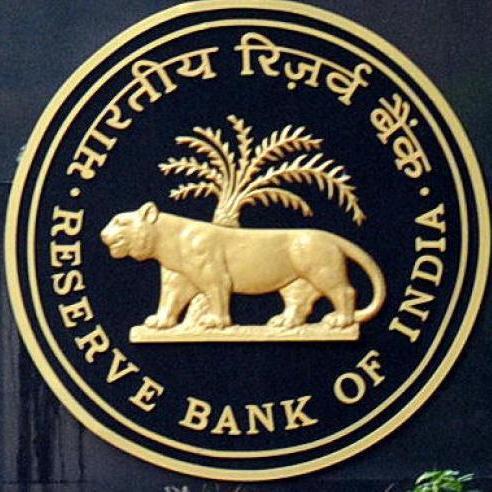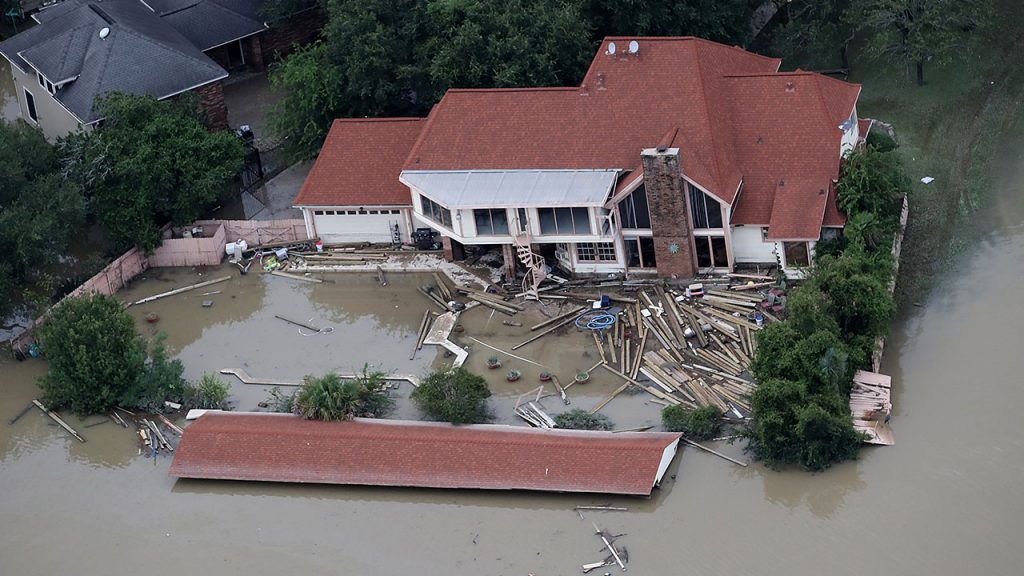How Covid-19 disruptions and food inflation have worsened RBI’s trilemma

By Administrator_India
One of the toughest challenges central bankers face is how to navigate the “Impossible Trinity” — maintaining monetary policy independence while allowing a steady flow of foreign capital and keeping a stable currency.
Also known as the “Trilemma,” it’s the bane of emerging markets from Argentina to Turkey. Cut interest rates too far and risk scaring off foreign capital, sending the currency tumbling. Raise borrowing costs too much to fight inflation and funds rush in, sending the currency higher and strangling exports.
In India, with supply chain disruptions and food prices pushing inflation stubbornly above target, handling the trinity is looking tougher for the central bank and its leader, Shaktikanta Das, who tested positive over the weekend for Covid-19. The Reserve Bank of India has signaled that letting the rupee strengthen is the least bad option as the economy shifts from being a global growth hotspot to a coronavirus hotbed.
The inflation spike prevented the RBI from cutting interest rates at its past two meetings, despite the economy forecast to shrink 10.3% in the year to March 2021 — the biggest contraction among major emerging markets, according to the International Monetary Fund. With investors looking for riskier assets as the Federal Reserve expands its balance sheet, the RBI has let the rupee appreciate, adding a headwind for its struggling export sector.
Rahul Bajoria, senior India economist at Barclays Plc in Mumbai, notes the RBI has eased its grip over the currency as it grapples with the trilemma, a concept based on the work of economists Robert Mundell and Marcus Fleming. The rupee has risen 4% since slumping to a record 76.9088 per dollar in April, with most gains in July and August.
“Within the trinity, we believe the RBI has clearly chosen to let the currency appreciate,” he said. “This would mean that in order to support economic revival, RBI may need to keep large amounts of liquidity, even if it raises latent inflation risks down the road. That also keeps alive the specter of rapid reversal of policies in the future.”







